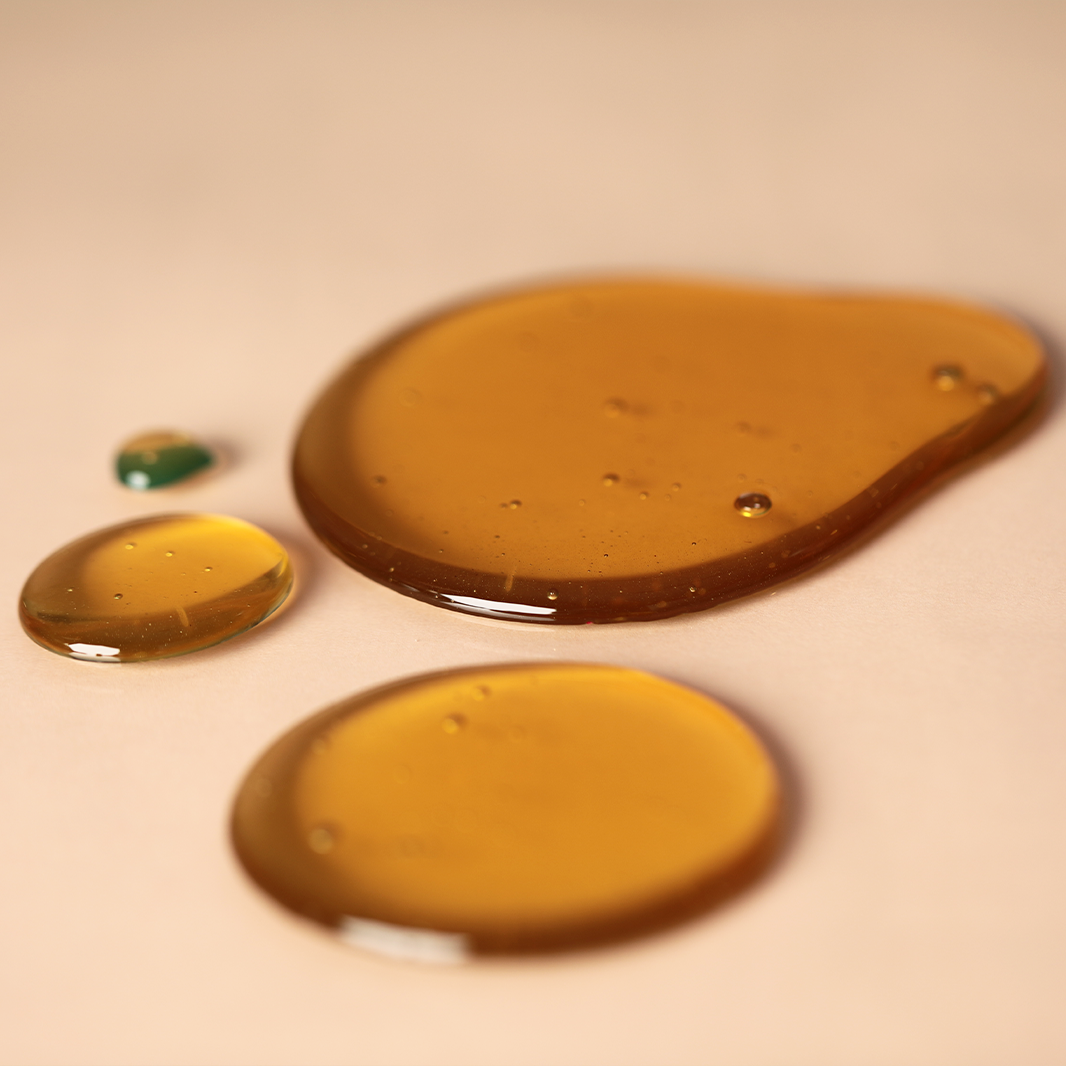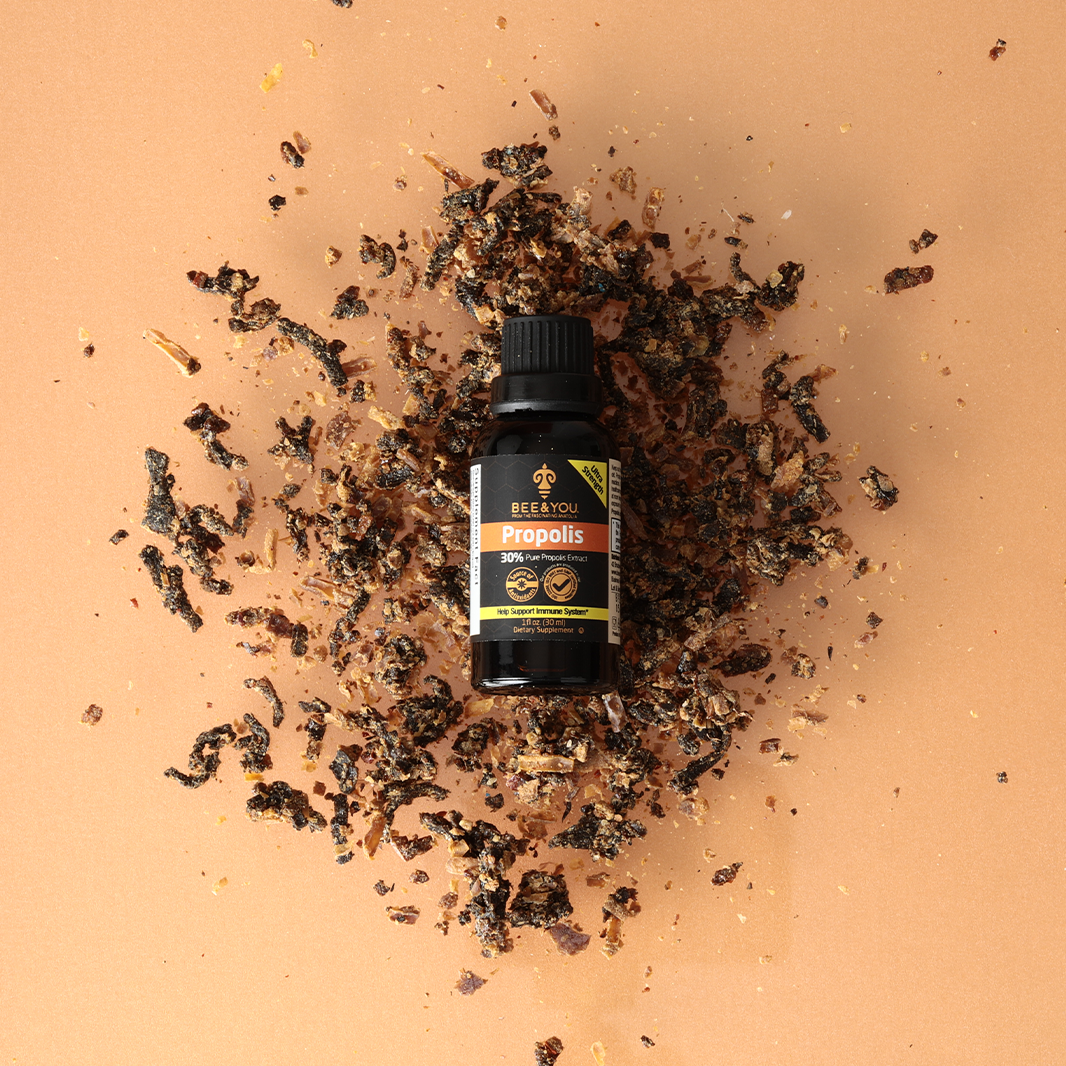Abstract and Figures
Apitherapy is an alternative therapy that relies on the usage of honeybee products, most importantly bee venom for the treatment of many human diseases. The venom can be introduced into the human body by manual injection or by direct bee stings. Bee venom contains several active molecules such as peptides and enzymes that have advantageous potential in treating inflammation and central nervous system diseases such as Parkinson's disease, Alzheimer's disease, Amyotrophic Lateral Sclerosis, and Multiple Sclerosis. Therapeutic activity of the bee venom is related mainly to chemical compounds, especially melittin, apamin, phospholipase, and their synergistic action. Unfortunately, the chemical composition of bee venom varies depends on the factors which are the geographical origin and harvesting type. Their physicochemical characteristic and their therapeutic values in alternative therapy is correlated with their ingredients. The aim of the present study is; to compare and determine the therapeutic value of bee venom samples from China and Turkey according to their physicochemical analysis. Therefore, physical and chemical analysis was done on the bee venom samples from Turkey and China. All analysis results and quality of the bee venom were found to vary from two different countries. This may be due to the differences in Apis mellifera races, harvesting methods, and bee venom equipment.






